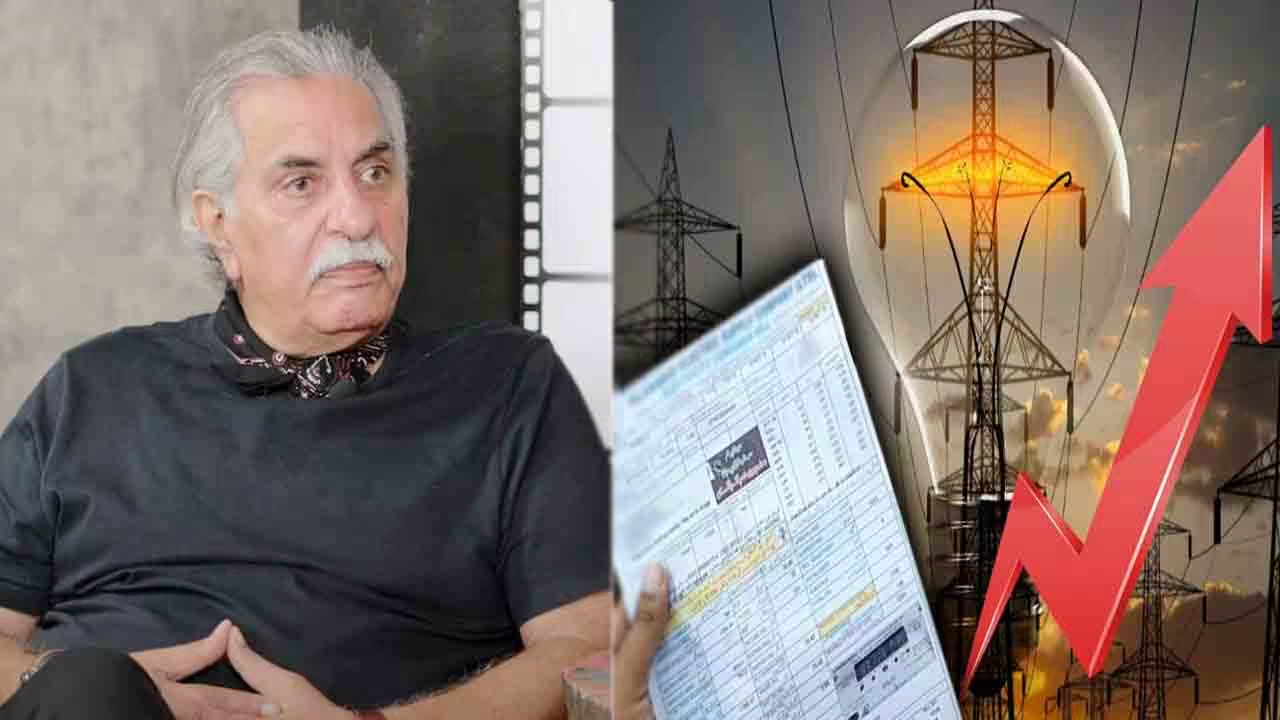In a recent interview, veteran actor Usman Pirzada expressed deep concern over the exorbitant electricity bills he has been receiving, highlighting the challenges faced by ordinary citizens in Pakistan.
Usman Pirzada began the conversation by sharing his shock upon receiving his latest electricity bill, which surpassed his expectations by a significant margin. “I was shocked to see the electricity bill of my house because it was much higher than I thought,” he revealed. This revelation sparked a series of worries about the future affordability of these bills.
“I don’t understand what will happen in the coming months,” Usman Pirzada pondered aloud, expressing uncertainty about his ability to manage future payments. He lamented the unpredictability of the situation, especially in light of potential further increases in electricity tariffs and government policies, such as proposed taxes on solar energy systems.
Amidst discussing his personal situation, Usman Pirzada empathized with those less fortunate. “Sometimes I think about people who have fewer resources or are not financially strong,” he reflected, expressing concern for how they cope with the rising costs of essential utilities like electricity. He emphasized that access to electricity is crucial, particularly during intense heatwaves, highlighting its necessity for daily living.
Usman Pirzada elaborated on the efforts he and his family make to conserve energy, despite their efforts, including sharing a single air conditioner and sleeping in the same room. Despite these measures, the actor still found his electricity bills unmanageably high, which he described as “terrible.”
Reflecting on the potential implications if the situation does not improve, Usman Pirzada admitted contemplating drastic measures. “If the bill continues to be high, then I will have to cut off the electricity of my house,” he disclosed, underscoring the severity of the financial strain imposed by soaring utility costs.
The actor’s concerns resonate with many Pakistanis grappling with similar challenges amid economic pressures and fluctuating energy costs. His remarks shed light on broader issues of affordability and accessibility of basic utilities, prompting a deeper reflection on the impact of such burdens on households across the country.
Usman Pirzada’s candid interview underscores the urgent need for sustainable solutions to alleviate the burden of electricity bills on ordinary citizens. His personal experience serves as a poignant reminder of the broader implications of energy policies and their effects on daily life, urging stakeholders to prioritize affordability and accessibility in energy planning.
As the interview concludes, Usman Pirzada’s heartfelt concerns highlight the ongoing struggles faced by many in Pakistan, urging policymakers and authorities to address these pressing issues to ensure a sustainable and equitable future for all citizens.



